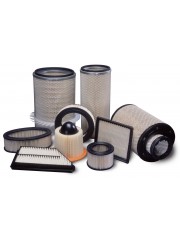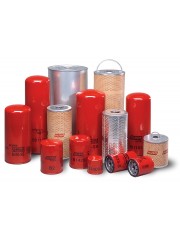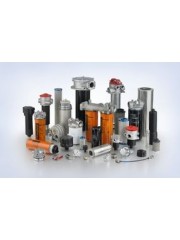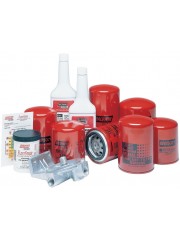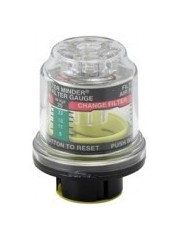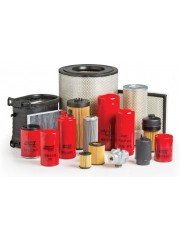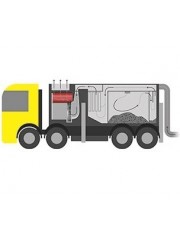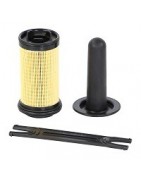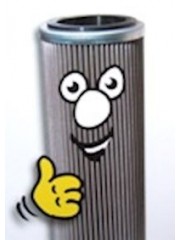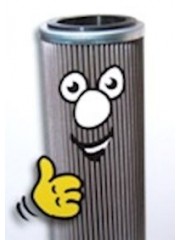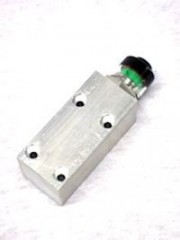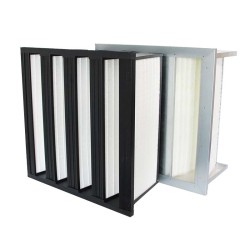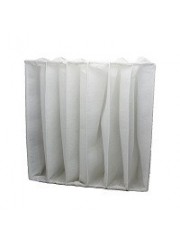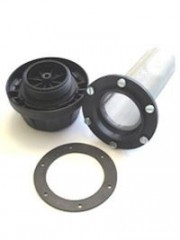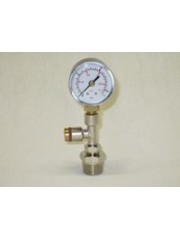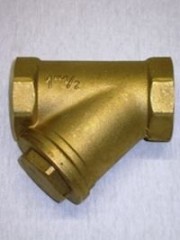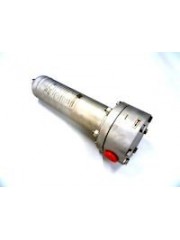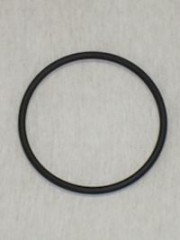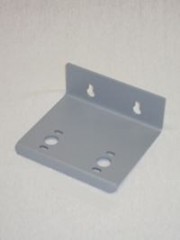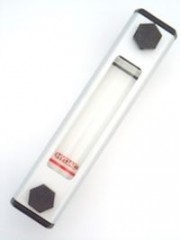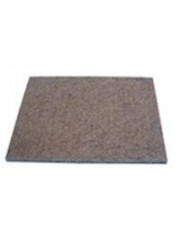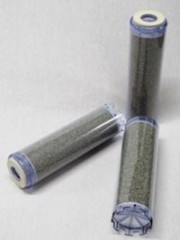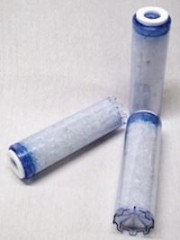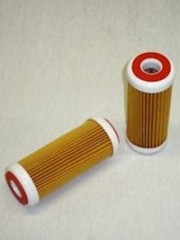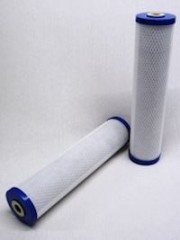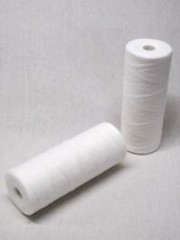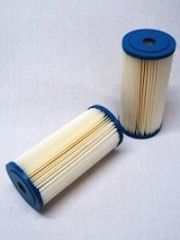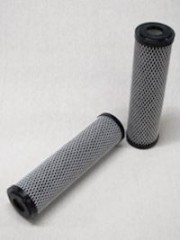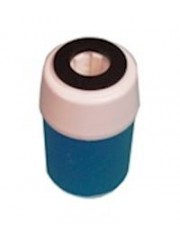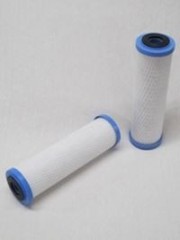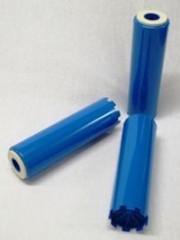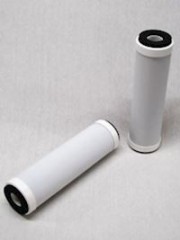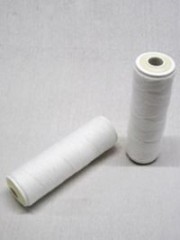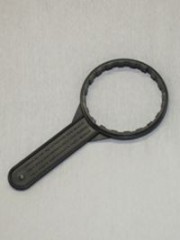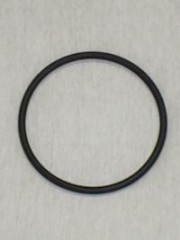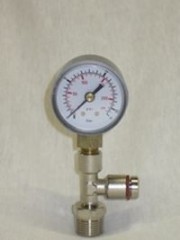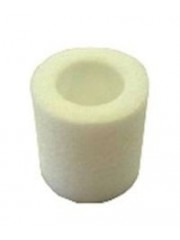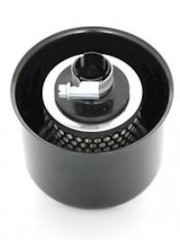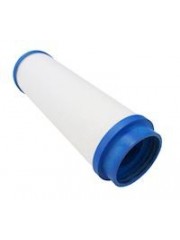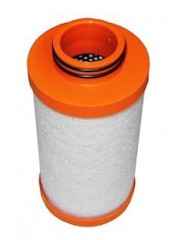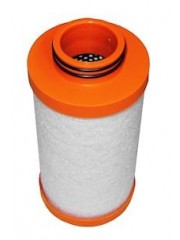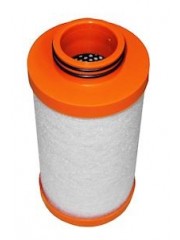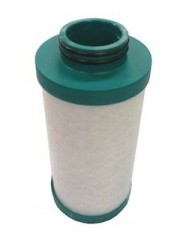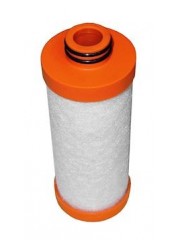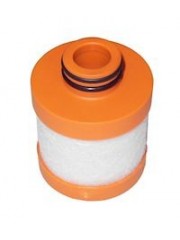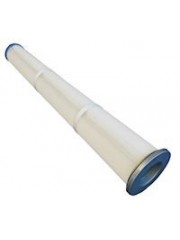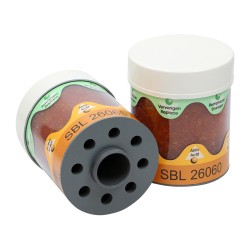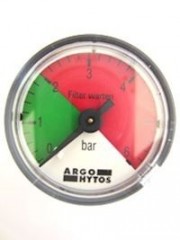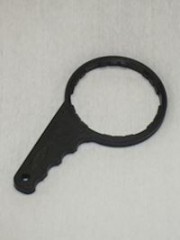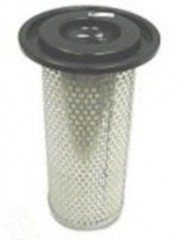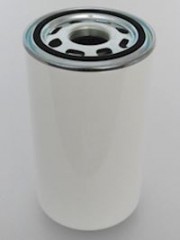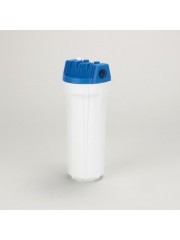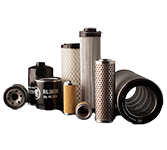
Filters

Subcategories
-
Air Filters
Ensure the efficient performance of your machinery with our high-quality air filters, designed to block dust, dirt, and debris. Keep your engines running smoothly with optimal airflow.
Proper maintenance and replacement of air filters can help extend the life of equipment and improve air quality.RICO Europe supply over 3000 different types of air filter. Browse our range below.
Use our Cross Reference or Part Finder Tool to find filters for your machinery. -
Oil Filters
Our oil filters efficiently remove contaminants from engine oil, ensuring smoother operation and longer engine life for all types of machinery.
Use our Cross Reference or Part Finder Tool to find filters for your machinery.
-
Fuel Filters
Ensure your machinery runs efficiently with our fuel filters, designed to remove dirt, rust, and contaminants from fuel for optimal engine performance.
Use our Cross Reference or Part Finder Tool to find filters for your machinery.
-
Hydraulic Filters
With the demands on today’s hydraulic systems, maintaining hydraulic filter system cleanliness through proper filtration is essential to insure maximum efficiency and reliability.
Hydraulic filters are used to remove impurities and contaminants from hydraulic fluid in hydraulic systems.
They are designed to protect the system components and improve performance by removing contaminants such as dirt, rust, and metal particles that can cause clogging, wear, and corrosion.
Hydraulic filters can be made from a variety of materials, including paper, mesh, and synthetic materials, and can be located in various positions in the hydraulic system.
The type of hydraulic filter used depends on the specific application, the level of filtration required, and the operating conditions.
Proper maintenance and replacement of hydraulic filters can help prevent system damage, improve performance, and extend the service life of hydraulic systems.
Today, hydraulic systems run at high pressures and faster cycle times than ever before, causing greater system stress and increased sensitivity to contamination. Contaminants cause the majority of failures and can affect hydraulic systems in several ways.
-
Water Filters
Keep your machinery running smoothly with our water filters, designed to remove impurities and contaminants from water systems for optimal performance and longevity.
Use our Cross Reference or Part Finder Tool to find filters for your machinery.
-
Filter Equipment
-
Filter Service Kits
Filter service kits are collections of replacement parts and components used to maintain and repair filters in various applications. They typically include items such as air filters, fuel filters, oil filters, and hydraulic filters.
Filter service kits are used to replace worn or damaged parts, restore the performance of filters, and extend the service life of filtration systems. They are available in a range of sizes and configurations, designed to meet the specific needs of different types of filters and applications. The use of filter service kits is essential for maintaining the efficiency and performance of filters, and for preventing equipment failure and costly repairs.
RICOEurope provide the widest range of filter service kits for Construction and Agricultural Machinery. Filter Service Kits make it easy for you to service your machine using the correct filters.
-
Suction Excavator Vehicle
Filters for Suction Excavators
A suction excavator vehicle is a type of heavy-duty construction equipment that uses high-powered vacuum suction to remove soil, debris, and other materials.
It is commonly used in excavation and site preparation, pipeline and utility trenching, and demolition work. The vehicle consists of a large vacuum pump, a suction hose, and a debris collection tank.
The suction hose is used to draw soil and debris into the collection tank, where it is stored until it can be disposed of properly.
Suction excavators are known for their versatility and efficiency, as they can remove materials without the need for excavation tools, minimize the risk of damage to buried utilities, and reduce the amount of debris generated during excavation work.
Suction excavator vehicles are commonly used in various industries, including construction, utility, and demolition, and are available in a range of sizes to meet the demands of different types of projects.
-
Brand Specific
Our brand-specific filters are tailored to meet the exact specifications of your machinery, ensuring a perfect fit and reliable filtration performance for brand-name equipment.
Use our Cross Reference or Part Finder Tool to find filters for your machinery.
-
Adblue Filters
Ensure compliance with emissions standards using our AdBlue solution, designed to reduce harmful nitrogen oxide emissions and improve your machinery's environmental performance.
Use our Cross Reference or Part Finder Tool to find filters for your machinery.

